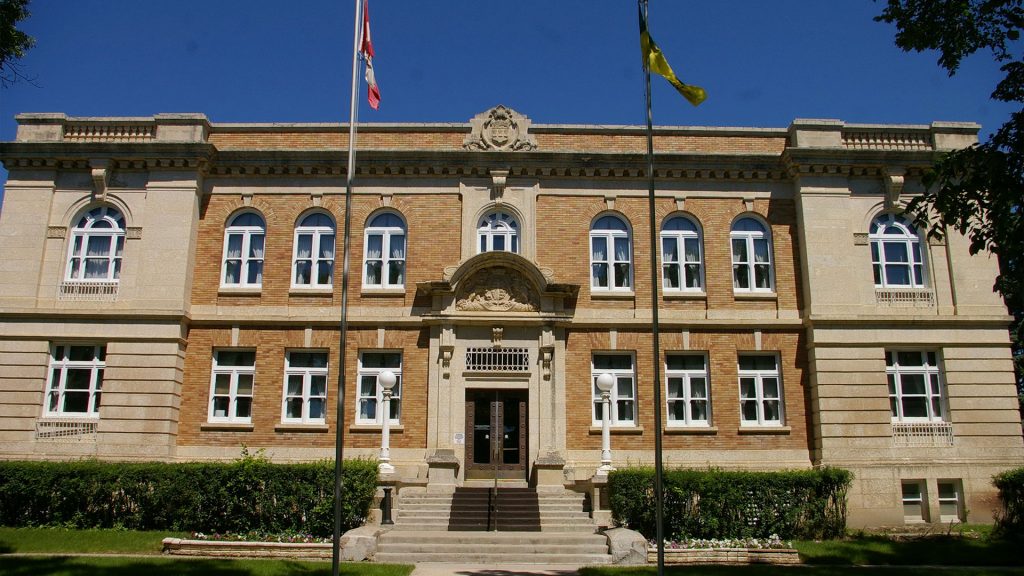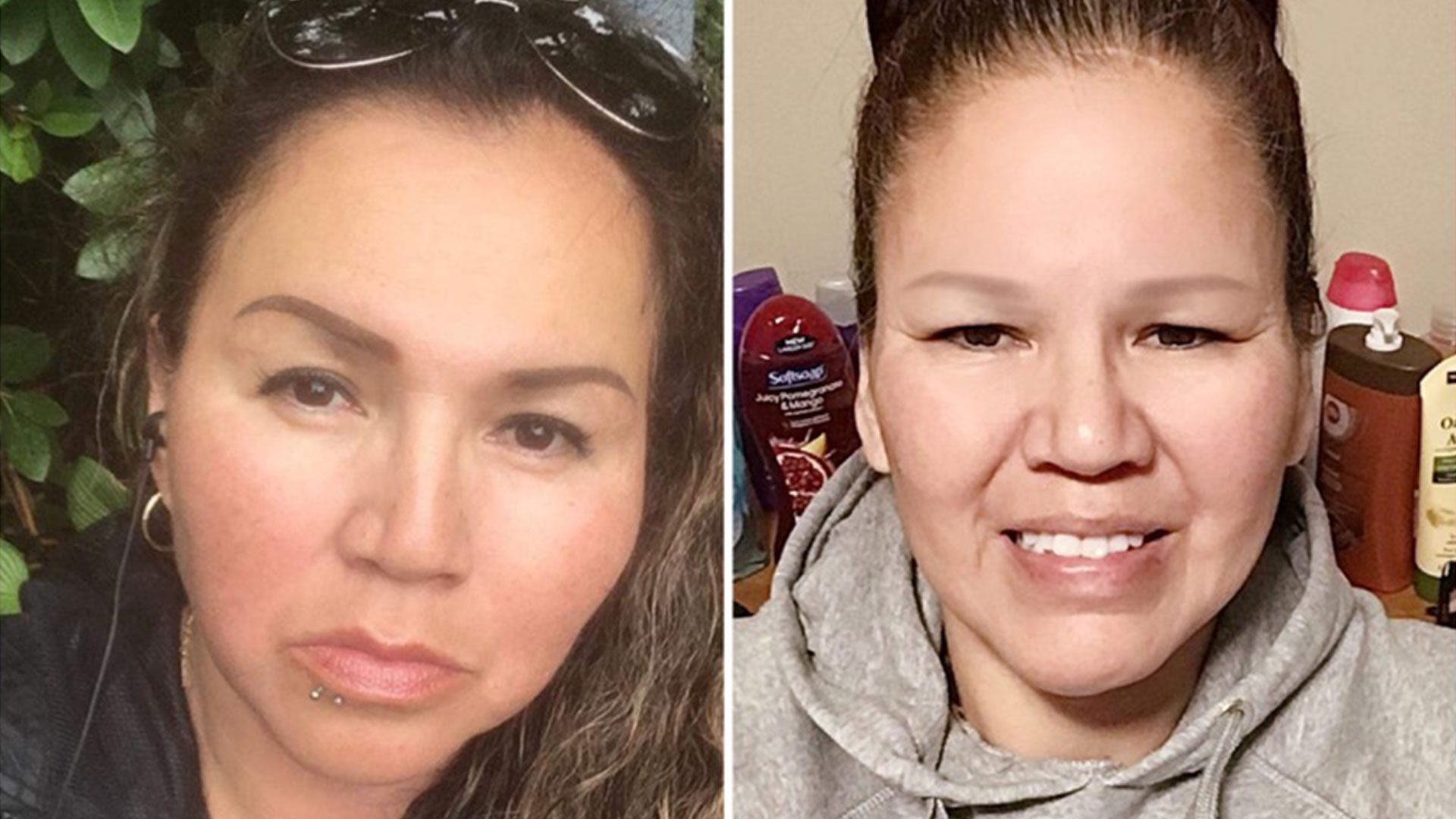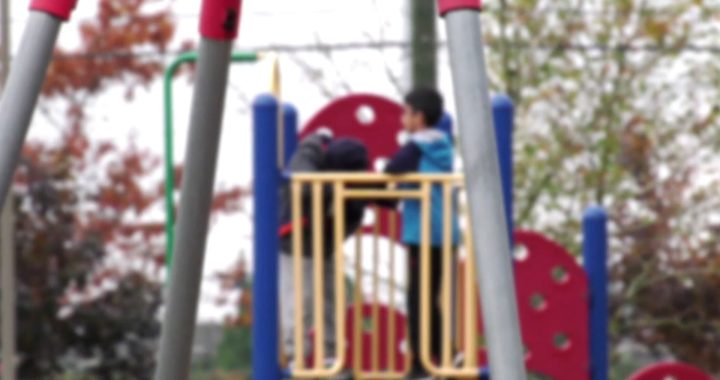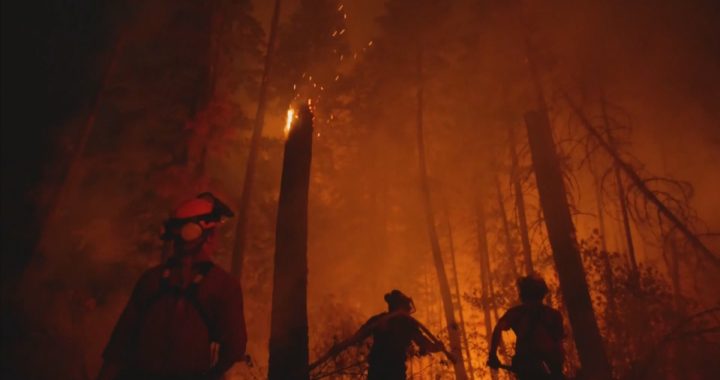
Crown attorney in Saskatchewan is arguing in a Yorkton courthouse that media shouldn’t be able to report on bail hearing for the sisters. over a bail hearing for Nerissa and Odelia Quewezance.
A Saskatchewan prosecutor has applied to keep the details of a pivotal court hearing for two Saulteaux sisters under wraps.
Sr. Crown attorney Kelly Kaip filed an application to the Court of King’s Bench in Yorkton, Sask., Wednesday for a “discretionary publication ban” on the upcoming bail hearing of Nerissa and Odelia Quewezance.
A publication ban would prevent news media from reporting on evidence shared at the two-day hearing, which is scheduled for Nov. 24 and 25.
APTN News has been covering the case for years and is opposed to the ban.
The Quewezance sisters were 18- and 20-years-old, respectively, when they were sentenced to life in prison in 1994 after being convicted of second-degree murder in the death of 70-year-old white farmer, Joseph Anthony Dolff, of Kamsack, Sask., in 1993.
They have spent three decades in prison. Even after their cousin – a minor at the time – pleaded guilty to killing Dolff in the 1990s and served a five-year sentence.
The plight of the women from Keeseekoose First Nation was championed by social justice advocate David Milgaard, who was wrongfully convicted in Saskatchewan in 1970. Milgaard’s advocacy caught the attention of various high-profile supporters and wrongful conviction lawyer James Lockyer of Toronto.
The bail hearing is scheduled to be heard in Yorkton, located 330 km east of Saskatoon.

Lockyer secured a ministerial review in June when federal Justice Minister David Lametti declared there “may be a reasonable basis to conclude that a miscarriage of justice likely occurred in this matter.”
Lockyer is seeking to free the women on bail – also known as judicial interim release – while the next phase of the review works its way through the courts.
But because the review could result in a new trial, a hearing before the Court of Appeal, or be dismissed outright, Kaip said there should be a lid on publishing anything until the review is concluded.
She also asked for an order sealing the court records.
“Overall, in the interests of trial fairness, the materials and information relating to the judicial interim release hearing should be sealed and a publication ban ordered,” Kaip wrote in her application Wednesday.
APTN has been waiting weeks for the release of some of those public records.
“Under certain conditions,” Kaip continued in her application, “public access to confidential or sensitive information related to court proceedings will endanger and not protect the integrity of our justice system.
“Specifically, the courts have recognized a critical difference between cases where the open court principle enhances public awareness of judicial proceedings and cases where it could distort the ability of the court to achieve justice as between the Crown and the accused.”
Kaip is expected to oppose the women’s release on bail.
“In the case at bar,” she added, “a substantial amount of information has been filed in support of, and in opposition to, the (sisters’) application for a judicial interim release.”
Read More:
There may have been a miscarriage of justice in case of Quewezance sisters, says federal minister
Back to Keeseekoose: Odelia Quewezance returns to her past to chart a new future
Lockyer told APTN he is “100 per cent opposed to the ban.”
Meanwhile, APTN has filed its intent to fight the ban under the “open court principle”, which pre-dates the Canadian Charter of Rights and Freedoms.
The Supreme Court of Canada has said a publication ban should only be ordered “to prevent a serious risk to the proper administration of justice” and when it affects “the right to free expression, the right of the accused to a fair and public trial, and the efficacy of the administration of justice.”
The high court noted it must be “a risk that poses a serious threat to the proper administration of justice. In other words, it is a serious danger sought to be avoided that is required.”
It is up to the Crown to prove the need for a publication ban and that limiting the media’s Charter rights is necessary, noted APTN’s media lawyer Bob Sokalski of Winnipeg.
Sokalski intends to argue, among other things, that “openness is necessary to maintain the independence and impartiality of the courts.”
The Crown’s application for the ban is scheduled to be heard at 10 a.m. on Nov. 24 in Yorkton.









